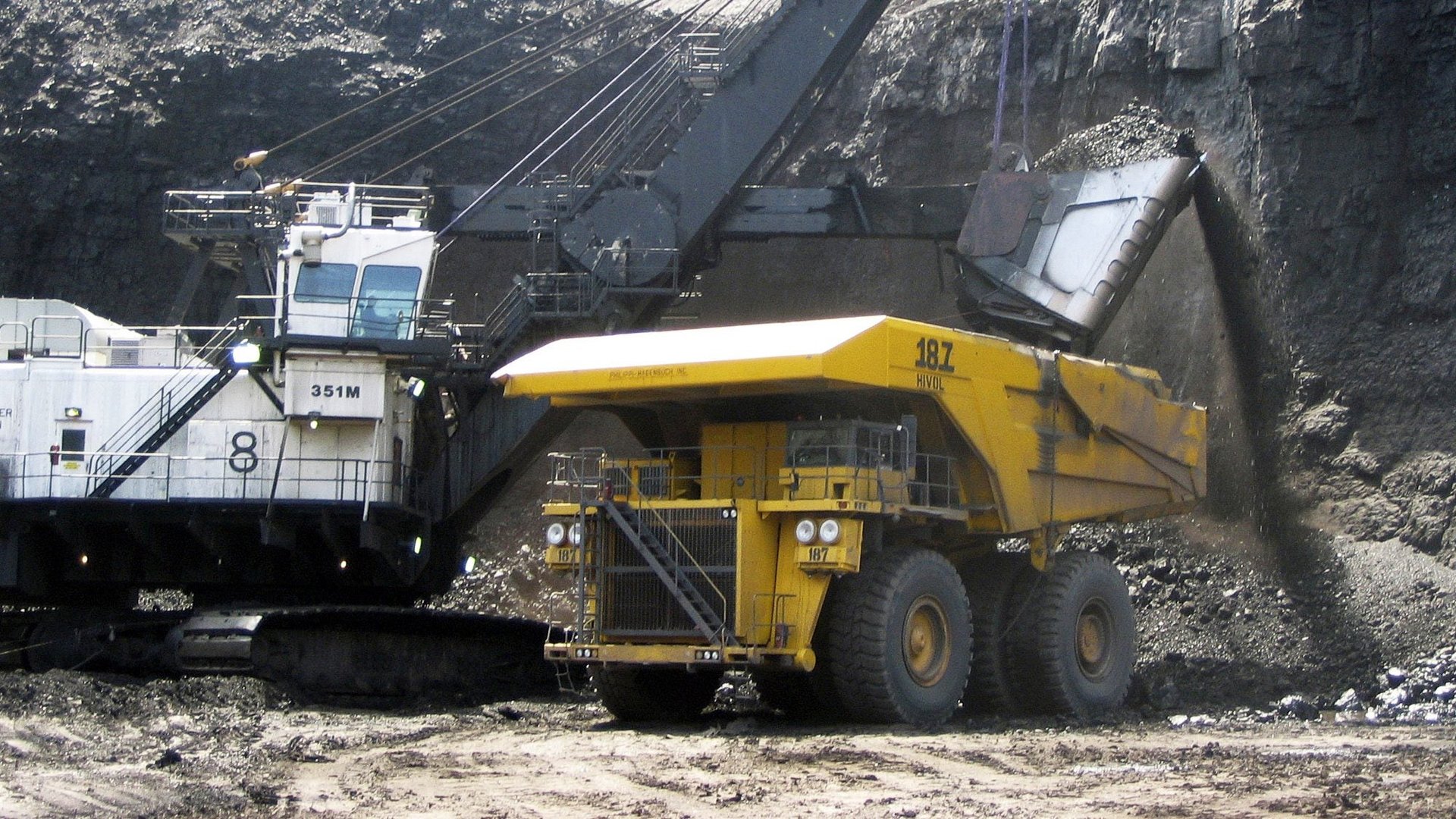The FTC wants to cut one of the coal industry’s last lifelines
The United States coal industry is in trouble. It’s up against cheap natural gas and growing demand for renewable energy. Meanwhile, its financing options are drying up—on Tuesday, JP Morgan Chase said it plans to phase out loans for coal mining, following similar commitments by Goldman Sachs and $7 trillion asset manager BlackRock. Within the last year, at least eight major US coal mining companies have declared bankruptcy.


The United States coal industry is in trouble. It’s up against cheap natural gas and growing demand for renewable energy. Meanwhile, its financing options are drying up—on Tuesday, JP Morgan Chase said it plans to phase out loans for coal mining, following similar commitments by Goldman Sachs and $7 trillion asset manager BlackRock. Within the last year, at least eight major US coal mining companies have declared bankruptcy.
One way to staunch the bleeding could be to reduce competition through joint ventures—like a proposal, announced in June 2019 by Arch Coal and Peabody Energy, to combine operations in Wyoming’s Powder River Basin. Together, those mines are the biggest single source of coal in the US, responsible for more than one-fifth of total production. The joint venture would save the companies up to $120 million a year, they said.
But despite President Trump’s zeal for protecting the coal industry, on Wednesday his administration moved to block the move. The Federal Trade Commission filed an antitrust complaint against the companies, alleging that the venture would illegally eliminate competition in the Powder River Basin and raise electricity prices for customers.
Antitrust cases like this are rare in the coal industry, says Moody’s lead coal analyst Benjamin Nelson. But the new complaint is likely to put a chill on the subject of further consolidations and joint ventures, he says, which are infrequent but have been bubbling up in recent earnings calls. That would make one less leg for coal to stand on.
“It will discourage future consolidation,” Nelson says, “which in a declining industry is really important for any of these companies to survive.”
The two companies vowed to fight the complaint in court, on the grounds that it’s necessary, Peabody CEO Glenn Kellow said in a statement, to fight off “intense competition from natural gas and other alternate fuels.”
There’s some reason to think they might succeed: The last time the FTC aimed an antitrust suit at the coal industry was in 2005, also against Arch Coal in the Powder River Basin. The complaint was eventually dropped, leaving the company free to acquire one of its competitors.
If Arch and Peabody manage to get this complaint dropped as well, it may carve a path for other foundering coal companies to follow—but it’s not likely to change the industry’s grim long-term outlook.